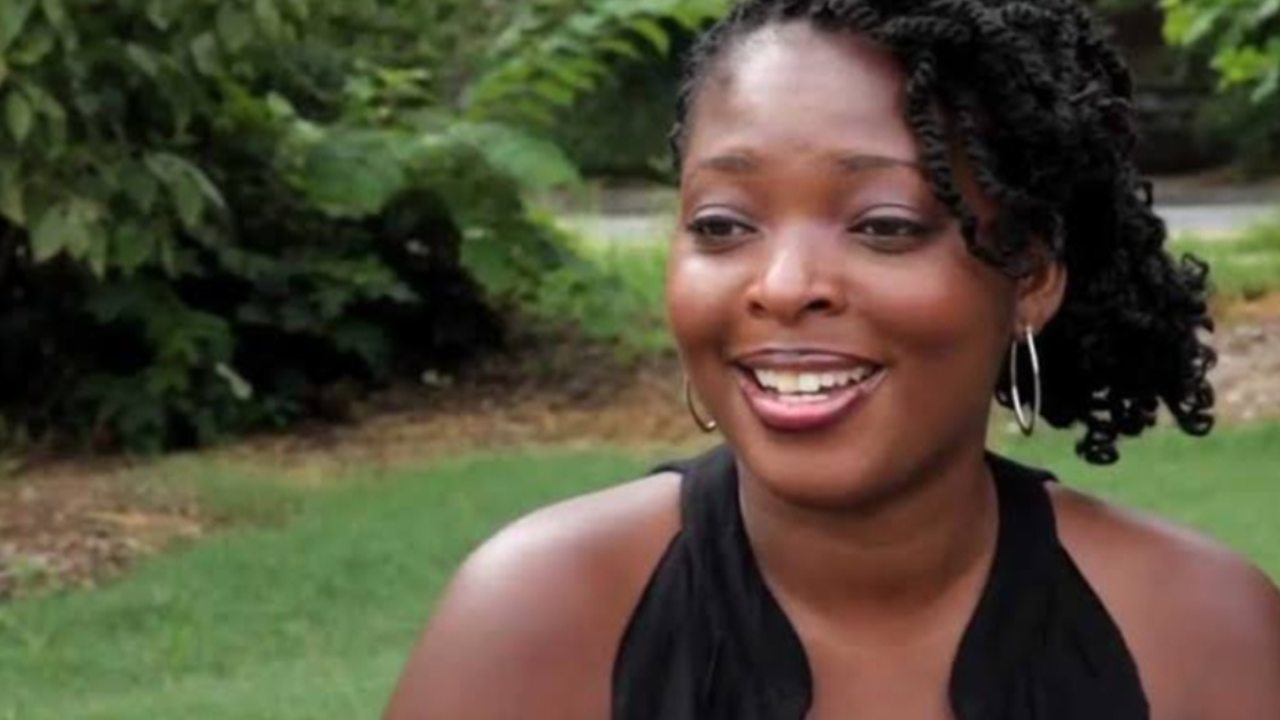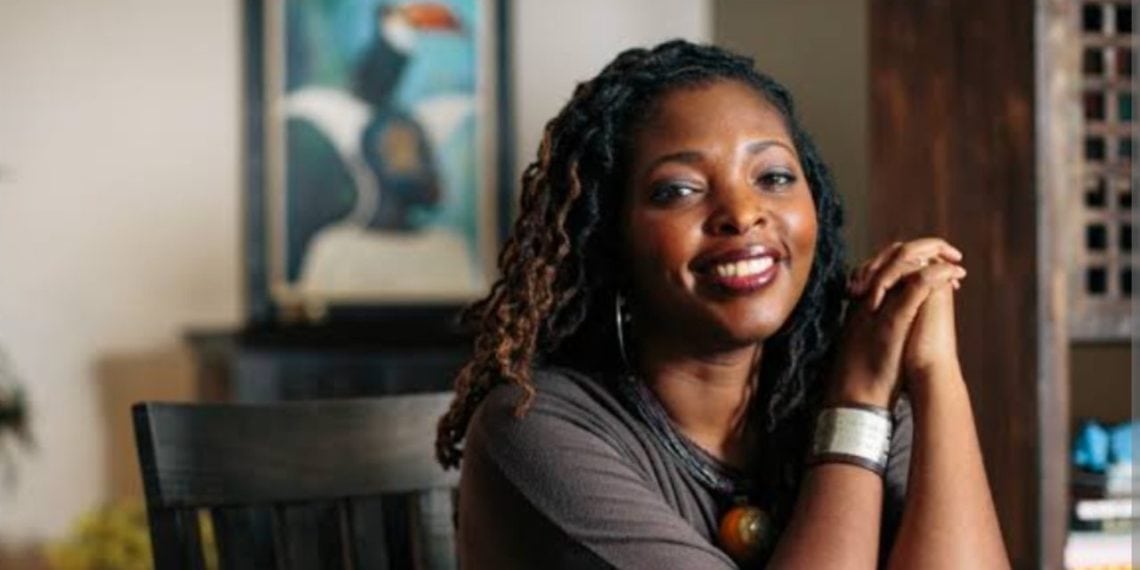Denene Millner reflects on the shared emotional experience with Taraji P. Henson, where tears were shed.
“She was talking about the death of the father of her son and how…he would make rubber band balls for her son,” Millner says. “And she was a hot mess, obviously, at his funeral because this is the father of her child…when she thought that she couldn’t bear being in that room anymore, she looked down and there was a rubber band on the floor.”
During that period, Millner collaborated as the co-writer for Taraji P. Henson’s 2016 memoir, “Around The Way Girl.”
The rubber band sparked discussions on profound subjects, including spirituality, ancestors, and communication beyond the physical realm.
“She was crying and I was crying because she was so emotional,” Millner says. “And it was a moment that I could feel as a human…one human being who knows how to love another human being who knows how to love.”
Humanity remains central to Millner’s extensive body of work. With a repertoire of over 25 books, she has long been a prominent figure in publishing and media. Collaborating with celebrities such as Steve Harvey and Cookie Johnson, founding the parenting blog MyBrownBaby, co-hosting PBS’s A Seat at the Table, and leading her publishing imprint are among her myriad achievements.
Despite her impressive credentials, it might surprise some that Millner, hailing from Long Island, initially aspired to become an architect.
“[My] physics grades sucked,” she says. “And my dad told me to figure out something else that I would be willing to do other than architecture.”

Opting for mass communications at Hofstra University, Millner discovered her passion for writing, which eventually led to internships at the Associated Press and Newsday. Her post-graduate journey began as an entertainment reporter at The Daily News.
“I was usually the only Black girl there, [the] only Black reporter,” Millner says. “It was almost disarming. People who were known to be notoriously difficult, I never had a problem with them, because it was almost like they were like, ‘Oh, look at how cute, she’s here to ask me questions.’ And I played into it. If that was going to make them feel less guarded or make it so that we could sit and have a conversation instead of a grilling, [then] that would make it easier for me to get a good story.”
Millner found success in employing unconventional questions to ease subjects into conversation, a tactic exemplified in her first major celebrity profile with Broadway legend Lena Horne.
“I’m sure nobody’s ever walked up to Lena Horne and said, ‘What’s your favorite food?’ Or ‘What’s your favorite cereal?,’” Millner says. “And if I recall correctly, she said that she didn’t like cereal, but she loved eating asparagus tips out of a can cold.”
Balancing her day jobs, Millner concurrently pursued book writing. Since her debut with “The Sistah’s Rules” in 1997, she has penned numerous books for young readers, including the Fresh Princess series, alongside celebrity projects. Her imprint at Simon & Schuster, Denene Millner Books, focuses on literature for Black children that transcends traditional topics, moving beyond the Civil Rights movement or what Millner refers to as “Black firsts and celebrities.”
“Those books are necessary, but so are books about Black kids who get on the bus and go to kindergarten for the first time and may be afraid, or Black kids who get tucked in at night by their parents who love them, or Black kids who are losing their first tooth,” Millner says. “Those are the kinds of stories that resonate with parents and caregivers and the children that they’re raising because that’s everyday life.”
In her 2023 novel, “One Blood,” Millner delves into the intertwined lives of three southern women. Her personal connection to the subject matter, particularly the theme of adoption, significantly influenced the writing process.
“I’ve always been the nosy one,” Millner says. “That’s how I found my adoption papers when I was 12.” She continues that writing the book “brought a lot out” about her own adoption story. Millner found her birth mother while writing the book — she lived in the same Georgia town where Millner also lived at the time, and passed away in 2017.
“I find it deeply unfair that we as adoptees have to tiptoe around finding out that information because it’s more important not to upset the family than it is to find out the information about your own life, especially if your family has decided that your life didn’t start until you were with them,” she says. “This book opened up so many different, new chapters in my life to really understand where I came from.”
The common thread driving all of Millner’s work is a focus on humanity and authentic storytelling.
“It’s curiosity,” she says. “It’s this curiosity and this real desire to shine a light on humanity that’s led my entire experience as a writer. And I think as a woman. I’m just curious.”





